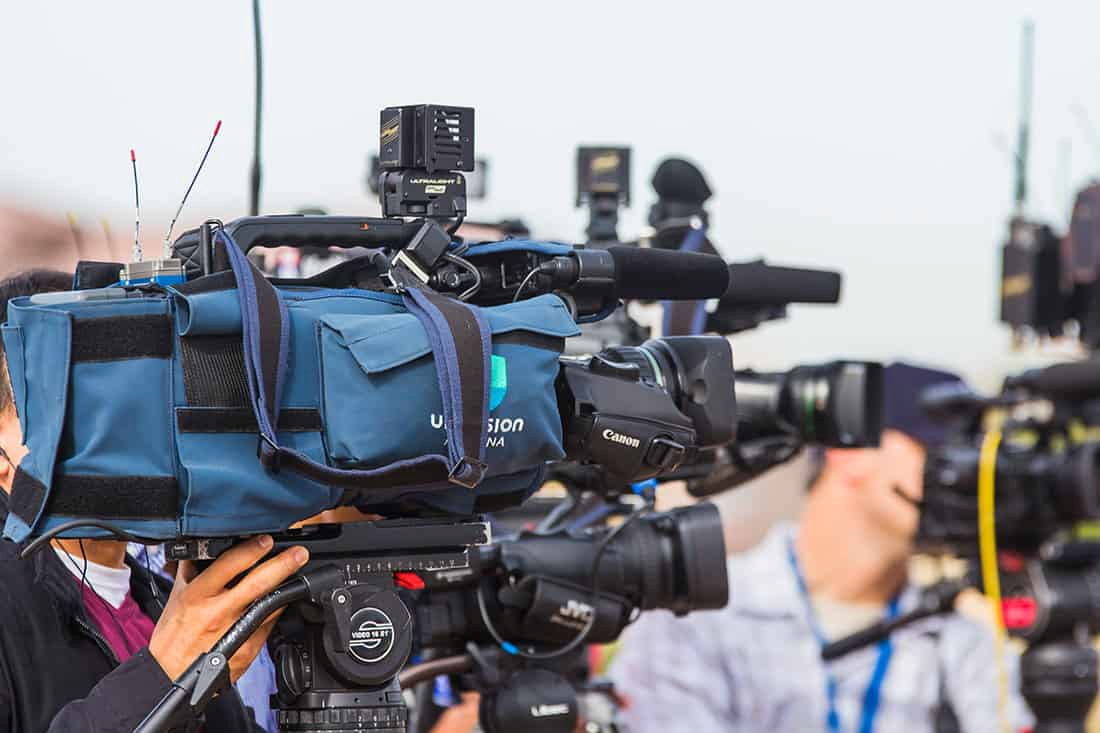
SPEAKING TRUTH TO POWER OR SPEAKING WHAT THE POWERFUL WANT TO HEAR?
By Bryan Hyde
Most of us are familiar with the phrase “speaking truth to power.”
It refers to those individuals who feel a sense of duty to stand up when they see official wrongdoing and to speak the unpopular truth to those in power. It can be a heroic thing to do, but that doesn’t mean it’s an easy thing to do.
At best you will be labeled a dissident for questioning or doubting the official narrative. At worst, you’ll be treated as a threat and portrayed by whomever is in power as a dangerous extremist.
A question that should be on the minds of anyone who is thinking for himself or herself is: Why don’t more members of the press fulfill this role?
Truth be told, the press today is far more likely to parrot whatever those in power are saying rather than speaking truth to power. This effectively changes the dynamic of what they do from acting as watchdogs for society to assuming the role of a lapdog for the powerful.
In fact, as we now see on a regular basis, the press has taken on a supporting role of defending the official narrative, no matter how distorted or incomplete. They also act as enforcers of allowable opinion by attacking and seeking to denigrate those who actually speak truth to power.
A good rule of thumb when examining content from any source is to ask who benefits from the way this information is being presented.
If the answer is nearly always the state or one of its associated regulatory bureaucracies, you’re not dealing with someone who is standing up for your inherent rights and freedoms. It’s a far greater likelihood that the highly paid, blow-dried spinmeisters are instead doing their part to keep people from straying beyond the boundaries of allowable opinion.
This informal partnership between the press and government is used to keep the public alarmed and fearful in order to keep them in line. It’s rare to see the legacy media stand up for an individual’s natural rights rather than the state’s power.
Having said that, the world still desperately needs people who are willing to speak truth to power when that power is being abused.
A powerful historical example is the White Rose Society which spoke out against the Third Reich’s consolidation of power over the German populace in WWII.
Sophie Scholl and other members of the White Rose were college students who, like many of their countrymen, recognized something was terribly wrong with their government. These students wrote and distributed leaflets urging their fellow Germans to withdraw their support of the Nazi war machine and to stop the march into madness.
An informant turned in Sophie and her brother Hans to the Gestapo after they left hundreds of White Rose leaflets at the University of Munich. After a show trial, Sophie, Hans, and their friend Christoph Probst were sentenced to death and executed.
At their trial, Sophie told the authorities presiding over her trial, “Many people believe as we do … someone had to make a start.” Battle-hardened military officers sat, averting their eyes, in fearful silence as she spoke truth to power, knowing what it might cost.
At the time, the German press and the authorities denounced White Rose members as traitors and extremists. Today, they are held up as examples of the finest German patriots of their day.
Our situation may not be as daunting but we’d be wise to consider the message of those who speak truth to power rather than simply following those who speak primarily for the powerful.
From idahofreedom.org